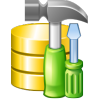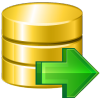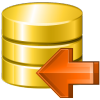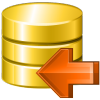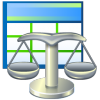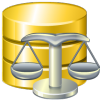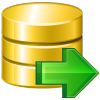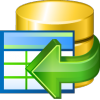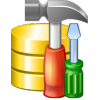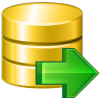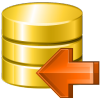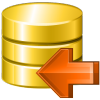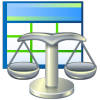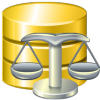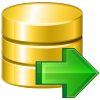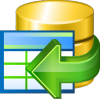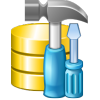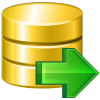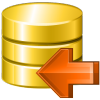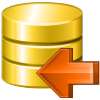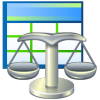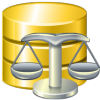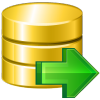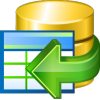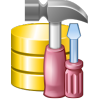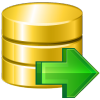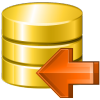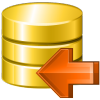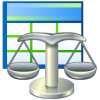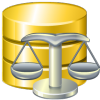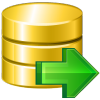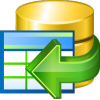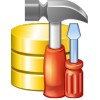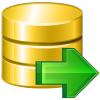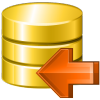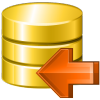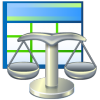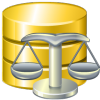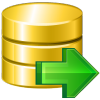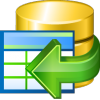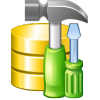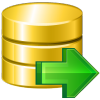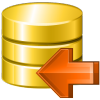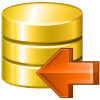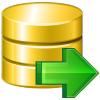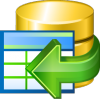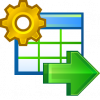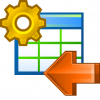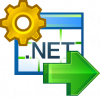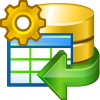Online Documentation for SQL Manager for PostgreSQL
SQL Assistant
SQL Assistant which is located at the bottom of the Database Explorer window helps you to work with your database objects. Depending on the current selection in DB Explorer, the SQL Assistant area displays additional information pertaining to the selected object.

If you select a host in DB Explorer, SQL Assistant displays the list of registered databases that reside on this host.
If you select a database in DB Explorer, SQL Assistant displays the list of the database object groups and the number of objects in each group.
If you select a schema in DB Explorer, SQL Assistant displays the schema definition (by default).
Selecting an object group in DB Explorer displays the list of the objects in SQL Assistant. Double-clicking the object name in SQL Assistant makes the object available for editing in the appropriate editor. The context menu of the object or group of objects (selected with the Ctrl or Shift keys pressed) allows you to edit or drop the selected objects.
If you select a table in DB Explorer, SQL Assistant displays the list of the table subobjects (e.g. columns and their types) by default. What is displayed in SQL Assistant when a table is selected in DB Explorer depends on the Table Details selection. Click the View Mode ![]() toolbar button and select the Table Details | Show... drop-down menu item, or use the context menu of SQL Assistant. Possible values are: Show Columns, Show Foreign Keys, Show Checks, Show Indexes, Show Triggers, Show Rules, Show Table Status, Show DDL, Show Description.
toolbar button and select the Table Details | Show... drop-down menu item, or use the context menu of SQL Assistant. Possible values are: Show Columns, Show Foreign Keys, Show Checks, Show Indexes, Show Triggers, Show Rules, Show Table Status, Show DDL, Show Description.
Selecting other objects in DB Explorer displays the definition in SQL Assistant by default. Use the Other Objects' Details | Show... context menu item within the SQL Assistant area to define the content of SQL Assistant when an object is selected in DB Explorer. Possible values are: Show DDL, Show Description.

You can also use SQL Assistant to work with your queries quickly. You can drag-and-drop object aliases to the Query Data, Design Query or Execute Script Editor working area, in the same way as this operation is performed in Database Explorer.
|
See also: |


